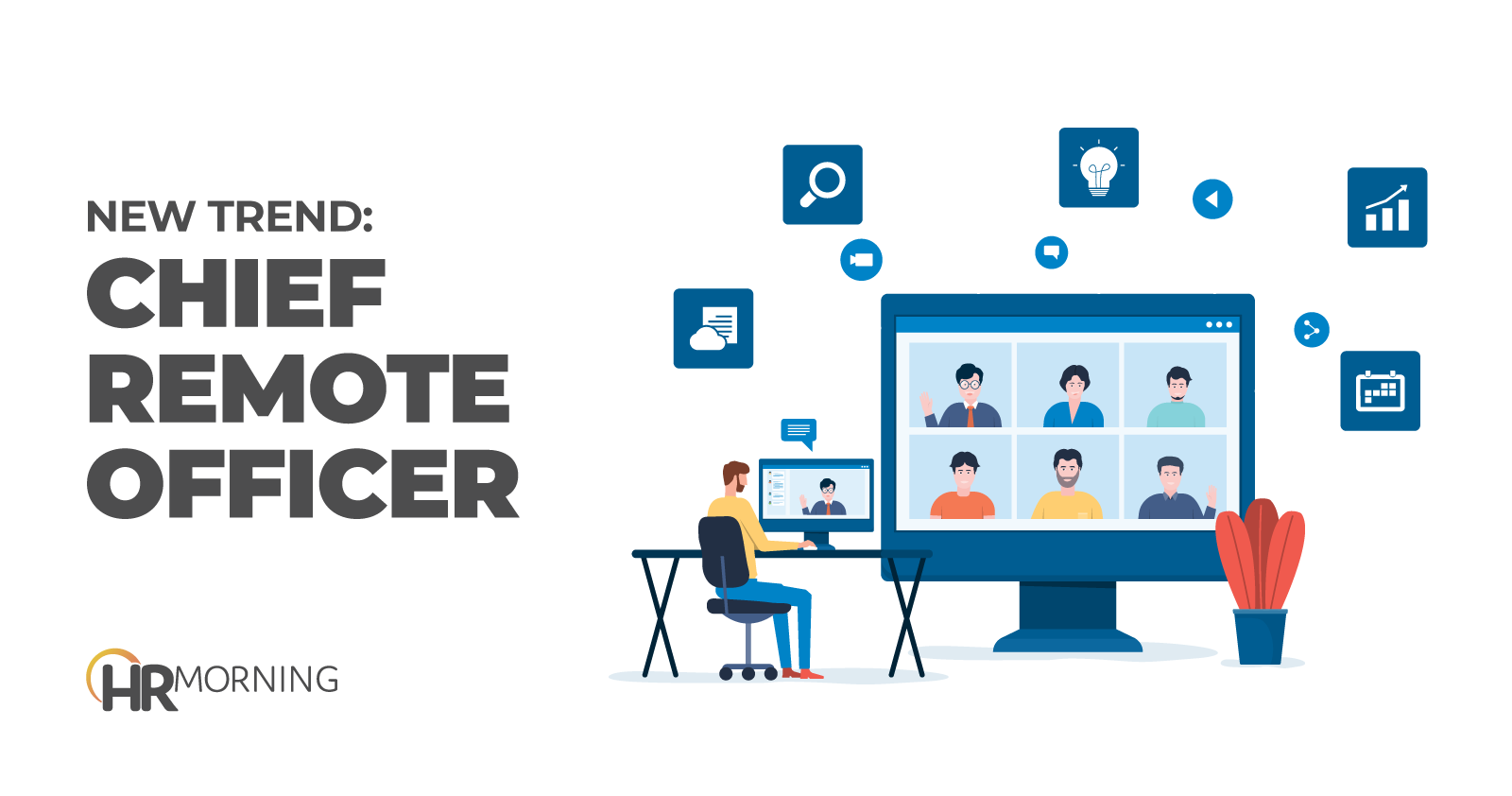Most organizations have recognized the benefits of hybrid and remote workplaces.
Is it finally time to hire a Chief Remote Officer — someone to manage the personnel, technological, psychological and social complexities?
From the drumbeat of headlines announcing yet more massive layoffs at companies like Google and Amazon, it’s easy to assume employers have the power to force workers back to the office.
The numbers tell a different story.
The U.S. now has its lowest unemployment rate in 54 years, essentially meaning that anyone who wants a new job can find one. This comes on the heels of the Great Resignation, when a stunning 47 million people voluntarily left their jobs, in part because they wanted a break from crushing or uninspiring work. The pursuit of a better work/life balance hasn’t abated. An overwhelming 87% of employees now want jobs with some degree of working remotely, according to McKinsey.
The obvious conclusion: Unless companies want to risk hemorrhaging talent and competitive advantage, most are best served by building what I call a “distributed workplace.” This means embracing that your people can work from different locations, including the office and home — perhaps even across geographies. And even if your organization doesn’t fully embrace the distributed model, most will have some degree of remote work for some employees.
Here’s one solution that, done right, will help your organization thrive as well as retain loyal employees: Hire a Chief Remote Officer.
Why Chief Remote Officer makes sense
Key card swipes in the top 10 U.S. cities show that office occupancy rates have finally returned to 50% for the first time since the pandemic. It’s understandable why executives are pushing for bums in seats. Remote work means more planning. More communication challenges. More moving parts. And, of course, the most compelling human factor: reluctance to change.
But it’s also short-sighted. Remote work has been a boon to entrepreneurship. If you’re desperate for IT talent in Topeka, you’re no longer constrained by the local pool. Your search can now span from Palo Alto to Mumbai.
Allstate, for example, saw its candidate pool surge more than 60% when it made a commitment to all-remote jobs.
Those who do remote work well have a distinct advantage. Think of it from the employee’s perspective: It means less time wasted commuting, less money burned on travel costs and parking. Employers: You’re now sending a message of trust. You’ve become an accomplice in reducing their stress. And you’re answering a pent-up cry for change. Your teams were already voting with their feet a decade before the pandemic even began.
Still, resistance lingers, especially in the C-suite. I’ve worked with many companies that assemble future-of-work committees consisting of representatives from HR, tech, facilities and the like. They send their recommendations to executives. Then they disband. At some point, the C-suite panics. They ignore the future-of-work team’s nuanced recommendations to instead levy a company-wide draconian policy. Flexibility is reduced to one-size-fits-all rigidity. Employees are horrified. Someone in HR is given the demoralizing side task of picking up the pieces.
Companies are still treating distributed workforces as an obstacle to be solved, rather than a cultural revolution. It’s complex, multi-pronged, with implications for everything from real estate to legal. What you need to tackle it is an executive who can shepherd a strategy that meets your specific needs.
Many will blanch at a new executive salary. But compared to the massive cost of turnover and lost engagement, the savings are obvious.
Finding the right leader
It’s not surprising that tech companies like GitLab and Facebook have been among the first to hire chief remote officers. But the trend is also moving to traditionalists like the Cleveland Clinic. They’re acknowledging that people don’t fit easily into a box. They’re creating strategies on a team-by-team basis. Some might work three days a week in the office. Others will work from across the planet.
It isn’t easy to manage, as you’re already well aware. Massive change requires someone whose sole purpose is to work across units and business functions to ensure distributed work runs fluidly.
The ideal person for the CRO role is someone who held a similar charge pre-pandemic and/or worked for a company that’s done it well. He or she should be a strong strategic thinker and relationship builder, a person who can forge trust across the organization.
They need to be passionate champions of change. Avid learners focused on the evolving evidence and best practices. Internal advocates for balancing the bottom line with people, knowing that one is nothing without the other. This is a rapidly evolving field. It comes with no end date.
Strategists and implementers aren’t easy to find in the same package. You need someone who can address everything from new performance metrics to facilities savings, while constantly reevaluating your approach.
Yet compare this to the cost of muddling along as you may be. Or worse, throwing up your hands and ordering everyone back to the office. The data is clear: That’s a losing proposition. You’re ceding the field to your competitors, who may better understand that the nature of work has permanently changed – and that victory will go to those who adapt.


